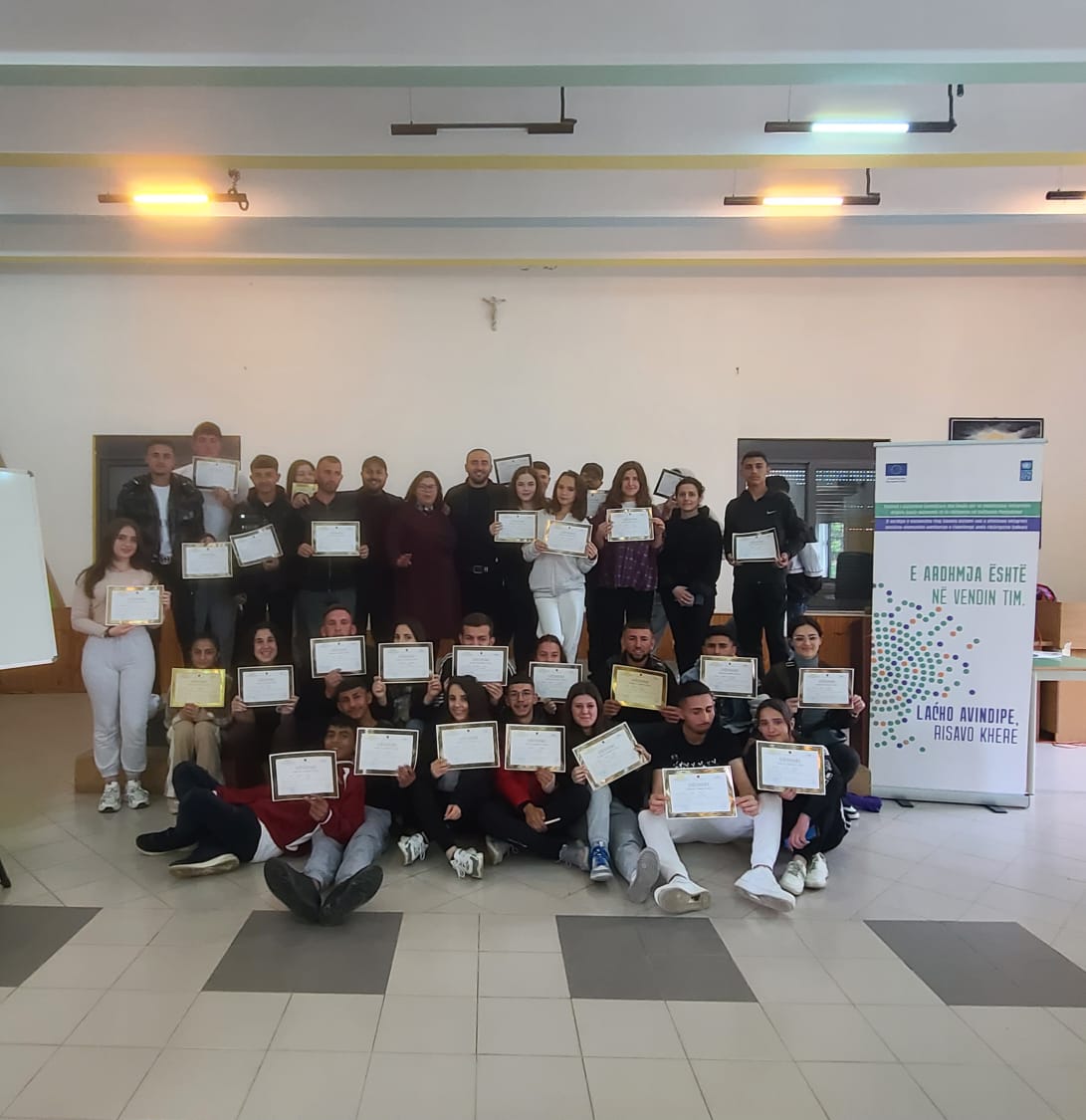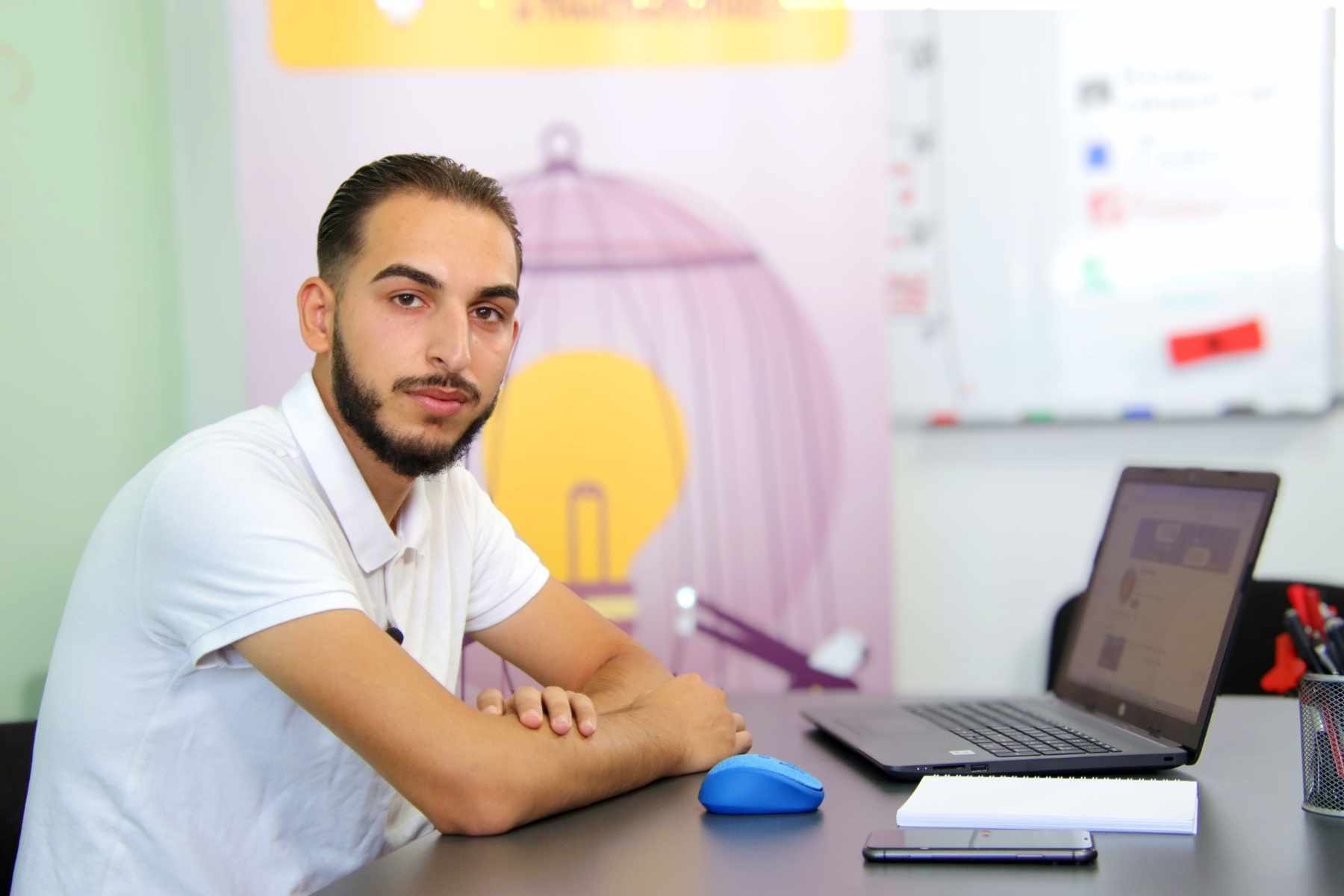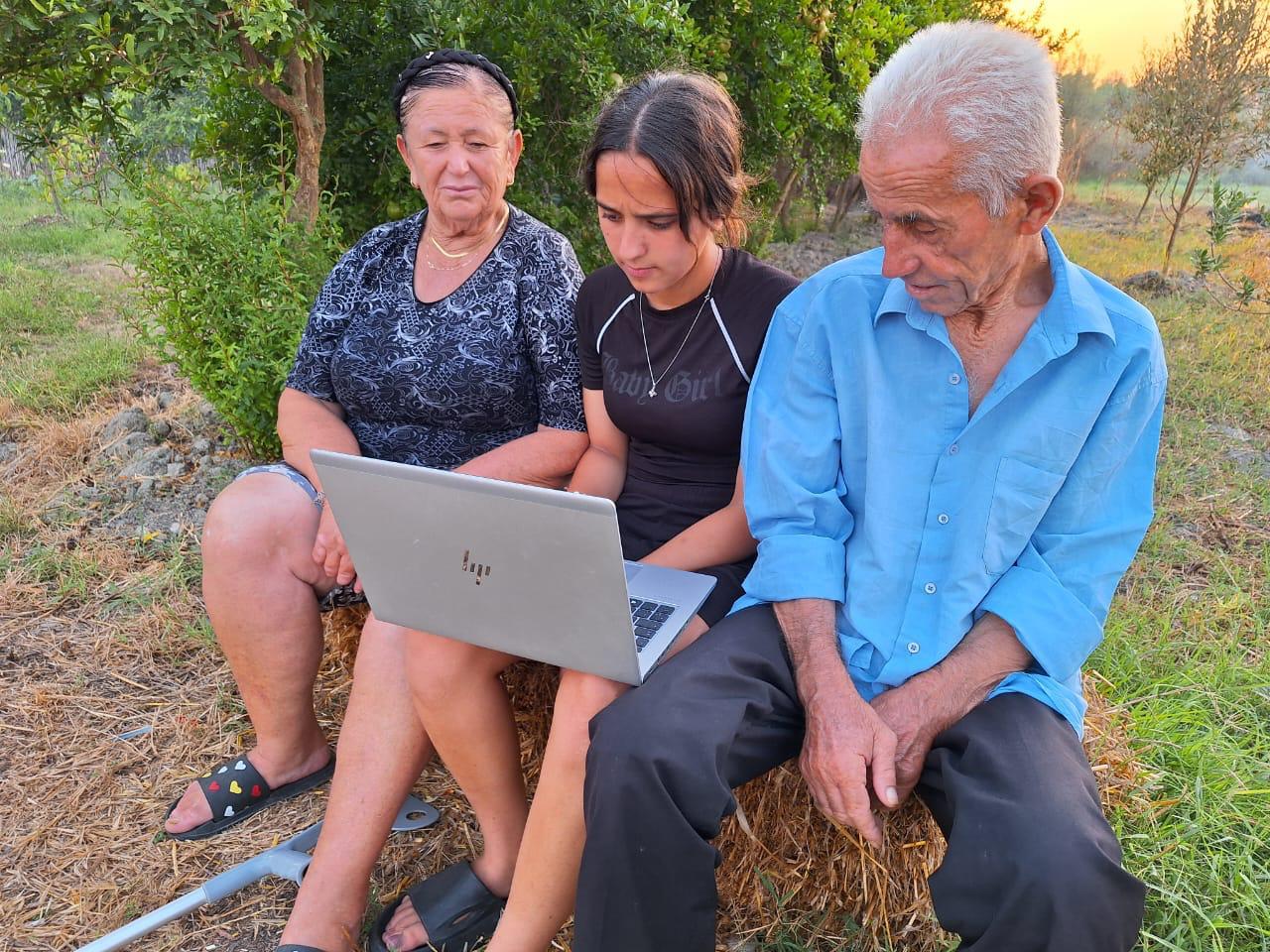
Consider a young Roma living in the Western Balkans, typically facing barriers to employment and most likely Not in Education, Employment, or Training (NEET). According to the 2017 UNDP Roma Survey, NEET rates among Roma range from 73% to 86%, with rates for Romani women reaching as high as 93% in some areas.
Addressing Roma youth unemployment requires integrated solutions, and digital skills are key. With access to digital training, Roma youth can gain valuable skills in digital marketing, coding, or data analysis, unleashing entrepreneurial talent and growing their businesses. This shift can switch the narrative from one of exclusion to inclusion, and from prejudice to opportunities.
The EU-funded, UNDP-implemented Regional Returnee Reintegration Project (RRR) in Albania, North Macedonia, and Serbia works with partners and returnees to highlight the importance of digital inclusion and invest in digital training programmes tailored to returnees’ and Roma’s needs. These initiatives have equipped Roma and returnees with essential digital skills, contributing to a more equitable and just society.
Digital skills also foster innovation and creativity, long present in Roma communities. With digital skills, young Roma can showcase their talents globally, through social media, online businesses, or digital storytelling.
This is the story of Doan Uzeiroski from Prilep, North Macedonia, who completed his digital training with the EU-funded, UNDP-implemented Regional Returnee Reintegration Project several months ago. He is now one of 145 young Roma and returnees training in partner municipalities in North Macedonia who have completed the course.
Doan’s eyes sparkle when he talks about his life dream.

“I am so proud of finishing the digital training course and now plan to use the skills I learned to develop my YouTube channel. Later, I want to open my own barber shop, create my own logo and website, shoot my stylist sessions, and promote myself that way. The digital world is so huge and full of opportunities. I have just started, but I feel confident that I can find my ‘digital spot’ in it!”
Doan Uzeiroski, Prilep – North Macedonia
Digital transformation is also changing societies, often moving government services online. In Albania, the RRR project is helping bridge the digital gap for vulnerable returnees in rural communities. With the EU and UNDP support, and in partnership with the Albanian National Agency for Employment and Skills (NAES), 195 young Roma and Egyptians have completed training in digital skills, enhancing their employability, and also helping their communities.

“Thanks to the IT course, I am now a very important person in my village, Baltez. Every day, I help people access public services through E-Albania!”
Antenisa Sharra, Fier - Albania.
Similarly, in Serbia, 150 young Roma and returnees have benefited from a digital training programme, equipping them with marketable skills. The training curricula has been designed in such a way that no specific level of education or prior knowledge is required.
“Completing the WORDPRESS digital training course has significantly boosted my chances of getting a job. Hopefully, I’ll find one where I can continue to learn and break down prejudices against the Roma community!”, – Marina Milosavljevic, Valjevo – Serbia.
By equipping returnee and Roma youth with digital skills, the project is helping not only narrow the digital divide, but also challenge prejudices, rewrite narratives, and build a future where everyone can thrive.

“I am so proud of finishing the digital training course and now plan to use the skills I learned to develop my YouTube channel. Later, I want to open my own barber shop, create my own logo and website, shoot my stylist sessions, and promote myself that way. The digital world is so huge and full of opportunities. I have just started, but I feel confident that I can find my ‘digital spot’ in it!”
Doan Uzeiroski, Prilep – North Macedonia
Digital transformation is also changing societies, often moving government services online. In Albania, the RRR project is helping bridge the digital gap for vulnerable returnees in rural communities. With the EU and UNDP support, and in partnership with the Albanian National Agency for Employment and Skills (NAES), 195 young Roma and Egyptians have completed training in digital skills, enhancing their employability, and also helping their communities.

Antenisa Sharra, Fier - Albania.
Similarly, in Serbia, 150 young Roma and returnees have benefited from a digital training programme, equipping them with marketable skills. The training curricula has been designed in such a way that no specific level of education or prior knowledge is required.
“Completing the WORDPRESS digital training course has significantly boosted my chances of getting a job. Hopefully, I’ll find one where I can continue to learn and break down prejudices against the Roma community!”, – Marina Milosavljevic, Valjevo – Serbia.
By equipping returnee and Roma youth with digital skills, the project is helping not only narrow the digital divide, but also challenge prejudices, rewrite narratives, and build a future where everyone can thrive.
Please wait while your video is being uploaded...
Don't close this window!